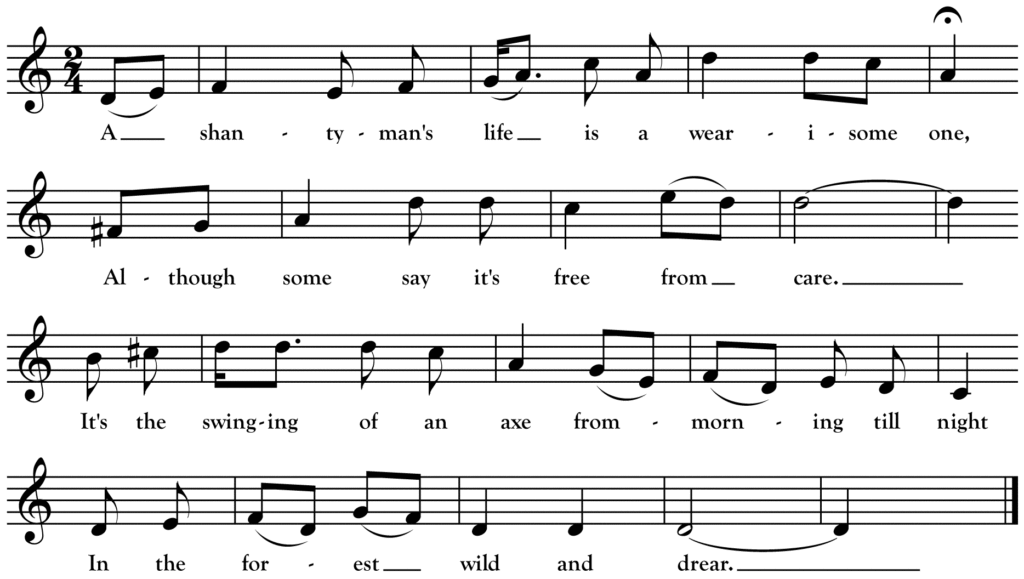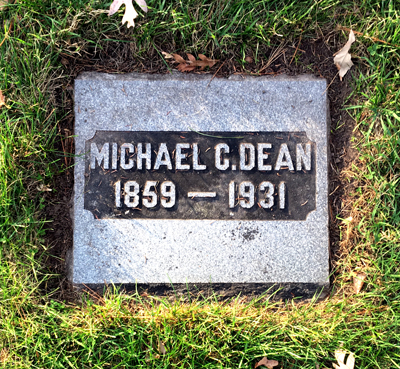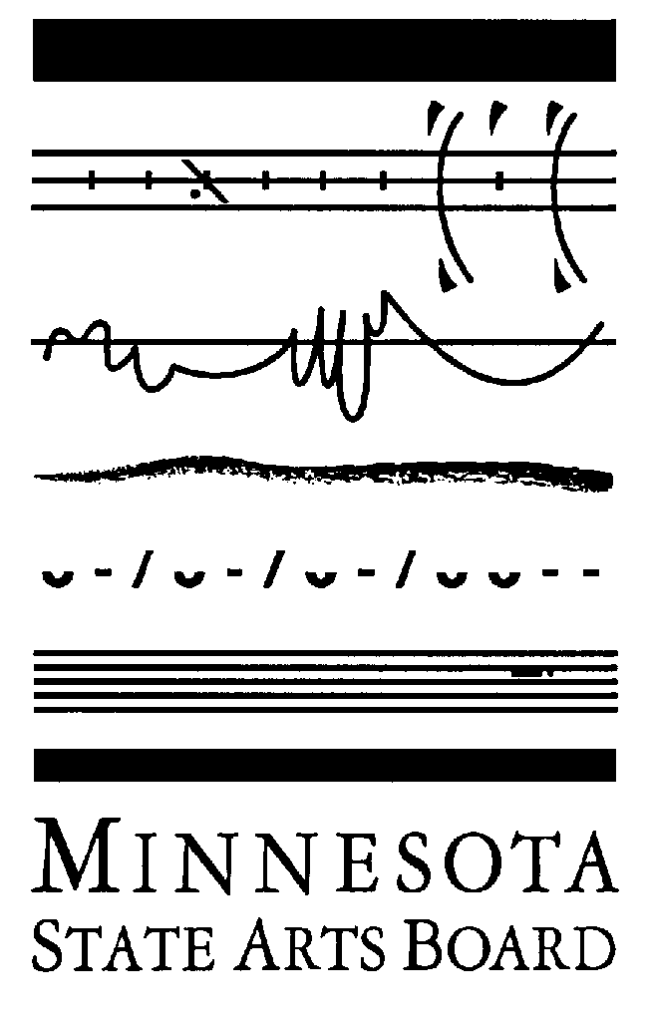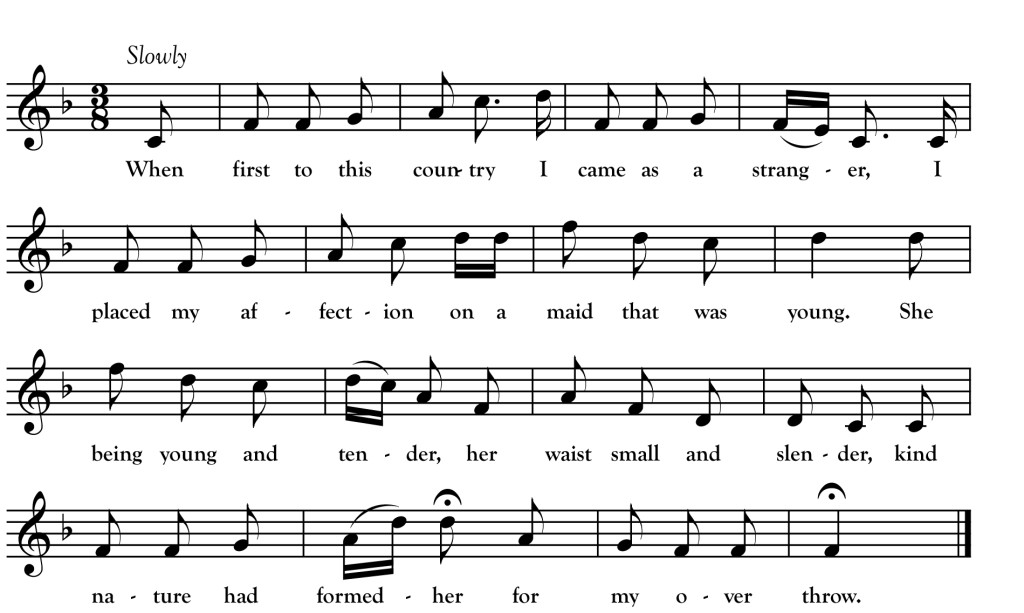The Deep Deep Sea
“Oh, bury me not in the deep, deep sea,” these words came faint and mournfully,
From the pallid lips of a youth who lay on his cabin couch from day to day,
He had wasted and pined till o’er his brow the death shade slowly passed, and now,
When the land of his fond loved home was nigh they had gathered around to see him die.
For in fancy we listened to well-known words, the free wild winds and the songs of the birds,
“I had thought of home, of cot and bower, and of scenery I loved in childhood’s hour,
I had ever hoped to be laid when I died in the church-yard there on the green hill-side,
By the home of my father my grave should be. Oh, bury me not in the deep, deep sea.”
“Let my death slumbers be where a father’s prayer and a sister’s tears will be blended there,
Oh, it will be sweet ere the heart-throb is o’er to know where its fountains will gush no more,
Let those it so fondly has yearned for to come and plant wild flowers of spring on my tomb,
Let me lie where my loved ones will weep o’er me, oh, bury me not in the deep, deep sea.”
And there is another that tears shall shed for him that lies in the cold ocean bed,
“In hours that it pains me to think of now she hath twined these locks and kissed the brow,
In the hair she wreathed will the sea-serpent hiss, the brow she pressed will the cold wave kiss,
For the sake of that bright one who waits for me, oh, bury me not in the deep, deep sea.”
“She hath been in my dreams…” His voice failed there, they gave no heed to his dying prayer,
They lowered him slow o’er the vessel’s side and above him closed the dark blue tide,
Where to dip her wing the sea fowl rests, where the blue waves dance with their foaming crest,
Where the billows bound and the winds sport free, oh, bury me not in the deep, deep sea.
____________
I had had a string of inquiries lately about this song which Randy Gosa and I recorded on our Falling of the Pine album so it seemed like a good time to cover it in this column. The above version is closely based on one collected from Sarah Neilson of Hoople, North Dakota in the early 1920s by Franz Rickaby. Hoople is about 60 miles northwest of Grand Forks and about as far away as one can get from the deep, deep sea!
The song began as a poem called “The Ocean Buried” first published in 1839 and written by American Universalist preacher Edwin Hubbell Chapin on the east coast. It was later set to music by George N. Allen and distributed widely as a song sheet in the eastern US. The song entered oral tradition in New England and Atlantic Canada and eventually became the model for another widespread folk song “Bury Me Not on the Lone Prairie.” Interestingly, Neilson (born in Canada) did not sing Allen’s (rather bland in my opinion) melody but rather a variant of the beautiful tune associated with “The Parting Glass.”






